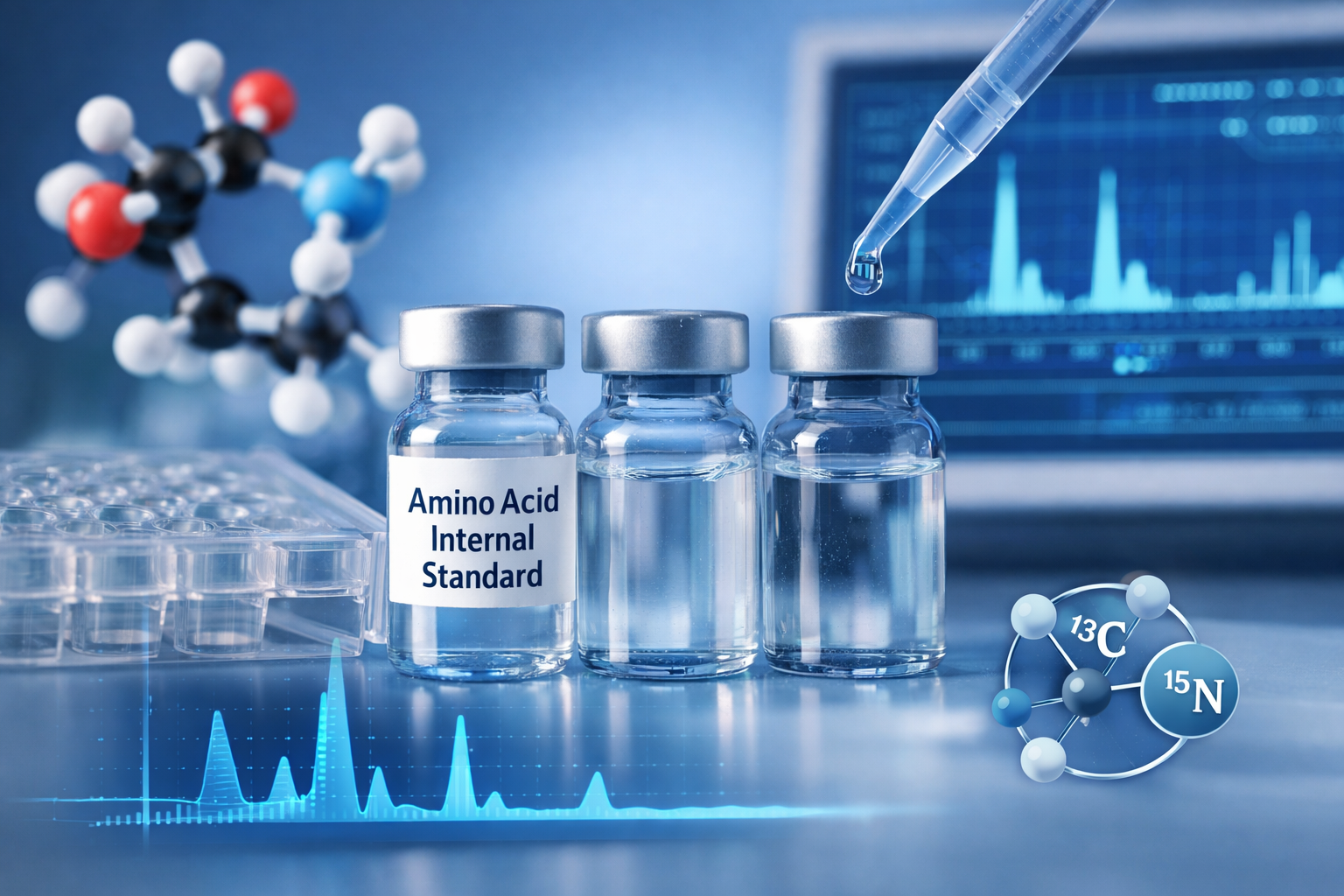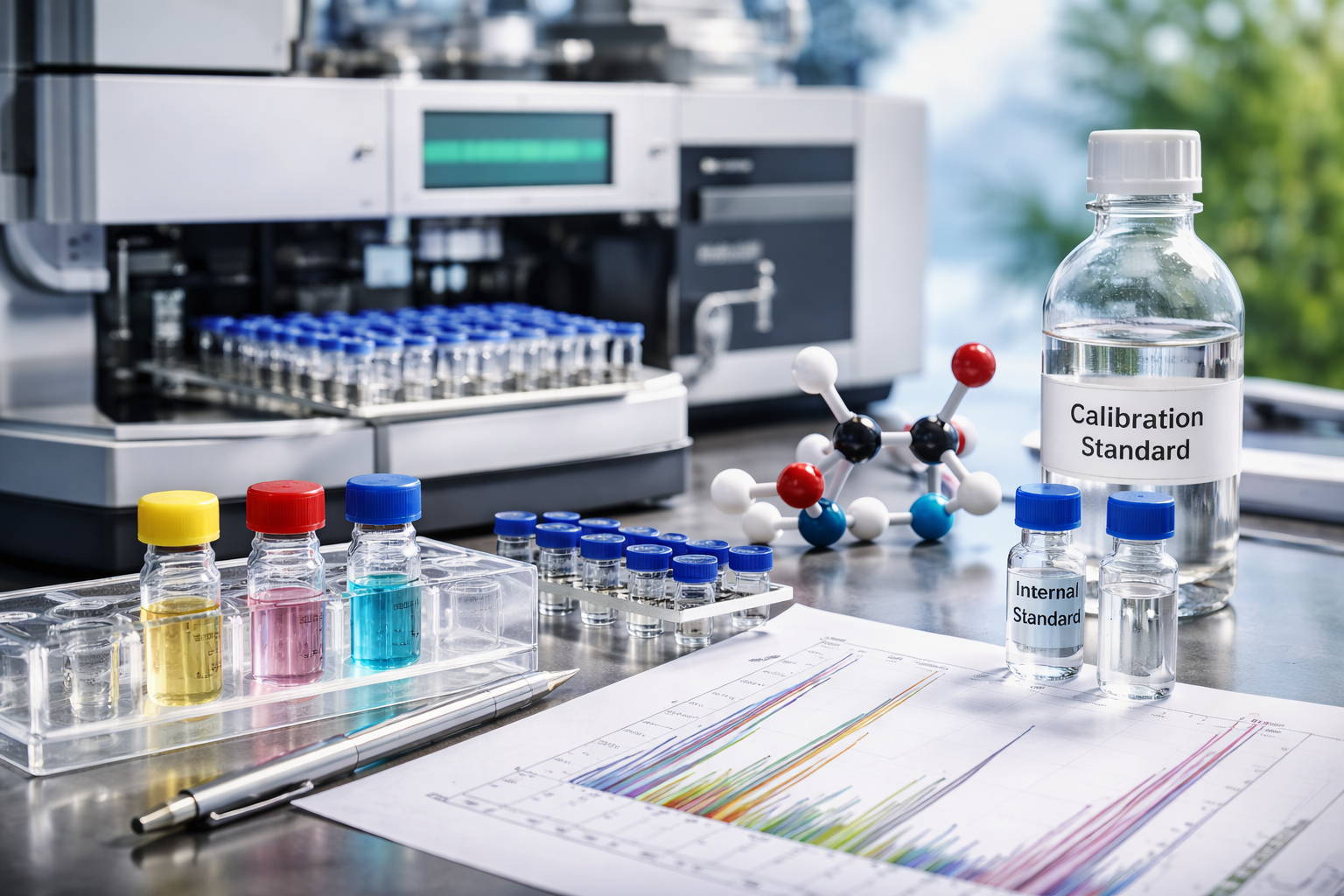How Bile Acid Molecules for Research Support Breakthroughs in Drug Discovery
Drug discovery rarely follows a straight line. It’s more like solving a massive biological puzzle, one where every small molecule can reveal an entirely new piece of the picture. Among these molecules, bile acids have quietly emerged as powerful research tools that are transforming how scientists understand metabolism, disease pathways, and therapeutic development. For years,…
Details









